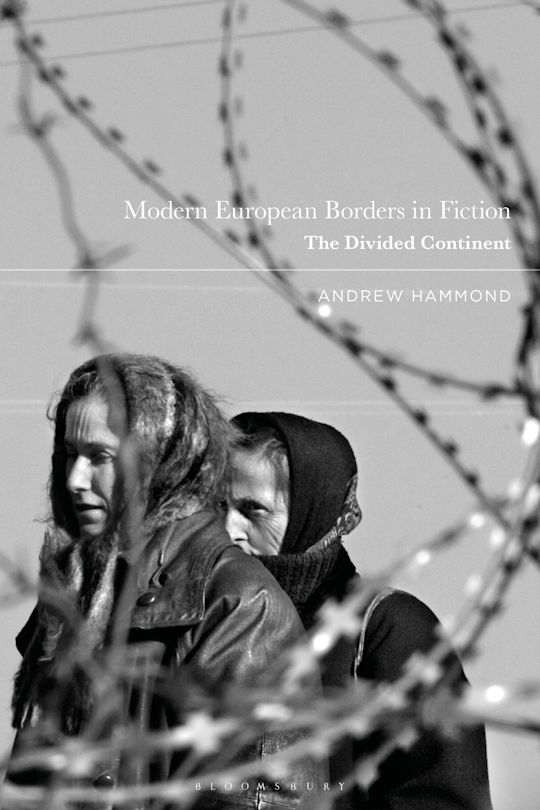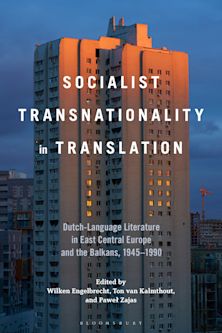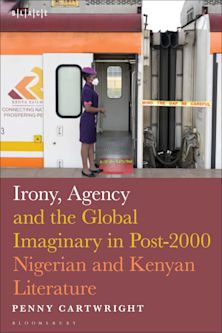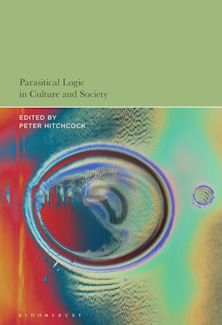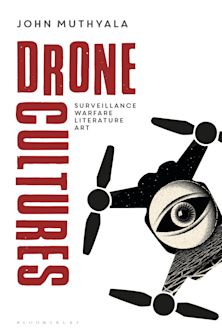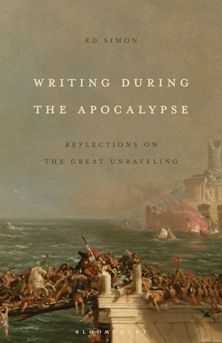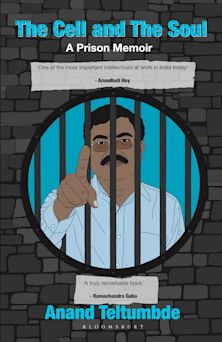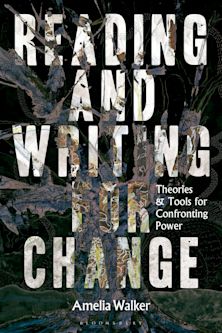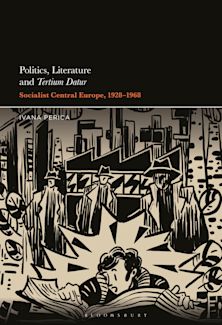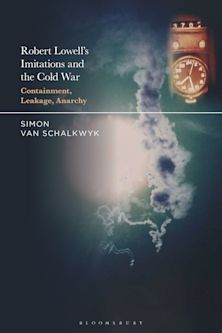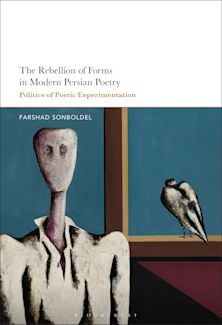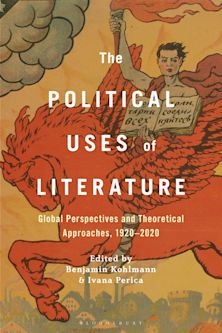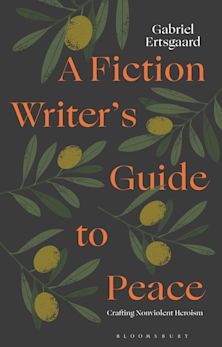- Home
- ACADEMIC
- Literary Studies
- Literature, Politics and Activism
- Modern European Borders in Fiction
Modern European Borders in Fiction
The Divided Continent
Modern European Borders in Fiction
The Divided Continent
You must sign in to add this item to your wishlist. Please sign in or create an account
Description
There are few features of the contemporary world more significant than national and regional borders. In modern Europe, the practices of human division have defined the continent from the early years of the Cold War to the present barriers of Fortress Europe, whose exposure of irregular migrants to trafficking, discrimination and deportation is rarely absent from the daily news. Modern European Borders in Fiction offers a comprehensive study of literary responses to the topic.
Through reference to over 600 novels and short stories, Andrew Hammond analyses the wide-ranging engagement of post-1945 novelists with the ideologies, processes and effects of territorialisation, as well as the related issues of military conflict, migration, populism, nationalism and regionalism. Among the topics under study are the ideological divisions of the Cold War, the closed societies of totalitarian communism, the labour migrations of the 1950s and 1960s, the tightening of border controls from the 1970s, the twenty-first-century war on migration, the official restrictions on borderland communities, the conflicts in Bosnia, Georgia and Ukraine and the patterns of social segregation that have marked the continent from the Second World War to the present.
Drawing on theoretical work in the social sciences and the humanities, this is a ground-breaking contribution to European literary studies, establishing the importance of continental border writing and opening up fresh avenues for decolonised teaching and research.
Table of Contents
1. Civilisational Borders
2. Physical Borders
3. Social Borders
Bibliography
Index
Product details

| Published | Sep 18 2025 |
|---|---|
| Format | Ebook (Epub & Mobi) |
| Edition | 1st |
| Extent | 264 |
| ISBN | 9781350517684 |
| Imprint | Bloomsbury Academic |
| Publisher | Bloomsbury Publishing |
About the contributors
Reviews
-
The extensive coverage of this highly readable investigation makes deeper tendencies in post-war and contemporary border writing visible for the first time. Providing historical, social, political and legal contexts in a language that researchers in other disciplines will feel at home in, it makes a forceful argument for the centrality of borders as a theme that connects post-communist and postcolonial literature about Europe.
Johan Schimanski, Professor of Comparative Literature, University of Oslo, Norway
-
Impressive in its erudition yet remarkably accessible, this book investigates transnational border writing in Europe, mapping the shifting discourse and attitudes toward immigration in the post-World War II era. Through an analysis of a large corpus of literary works, Hammond examines how literature both reflects and shapes evolving perceptions of the Other within fluctuating political and economic landscapes. By challenging the nation-based framework of literary studies, Hammond's work presents a compelling model for reimagining a discipline in crisis.
Carla Calargé, Professor of French and Francophone Studies, Florida Atlantic University, USA
-
Borders determine us more than we know and this is best described in fiction, writes Andrew Hammond in this incredible book, from which one can learn all there is about visible and invisible borders.
Slavenka Drakulic, Writer and Journalist
-
Ambitious in scope and compellingly readable, Modern European Borders in Fiction is an excellent exploration of how contemporary literature reflects and critiques post-war Europe's shifting borders. Hammond's research is extensive and rigorous, his writing lucid, and his insights consistently penetrating.
Chika Unigwe, Author and Professor of Creative Writing, Georgia College & State University, USA
-
Creative, wide-ranging and inclusive, this is a necessary, impressive and compelling book that makes a firm and significant contribution to decolonizing the study of transnational border writing and centralizing the significance of fictional migrants.
Leila Aboulela, author of River Spirit

ONLINE RESOURCES
Bloomsbury Collections
This book is available on Bloomsbury Collections where your library has access.









